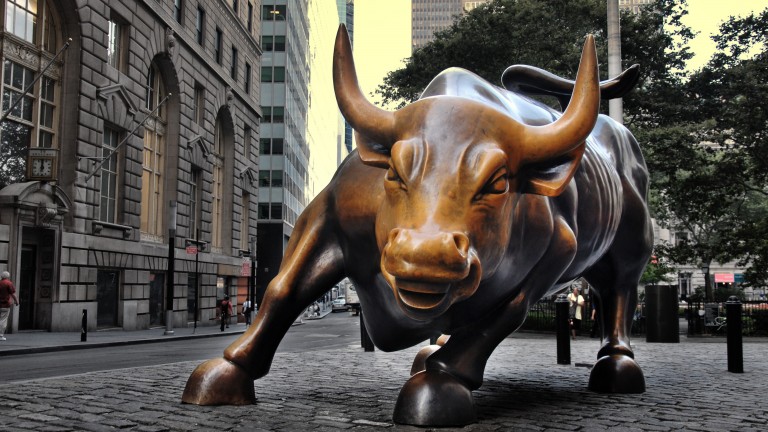Financial firms have generally been slow to accept artificially intelligent stock pickers. They have already invested billions collectively to bring in quantitative analysts, who do major number crunching as well as develop powerful non-AI algorithms. Some argue that there isn’t a lot of easy money left on the table for AI to pick up.
Even so, hedge funds are now starting to turn to AI to give them an edge. Hedge fund managers, with their high fees (typically 20 percent of profits and 2 percent off the top of whatever an investor puts in), need to have healthy returns to justify the costs. And this year, two top-performing hedge funds have used machine learning to bump up their profits, according to the Wall Street Journal. One firm said that AI accounts for more than 50 percent of its gains so far.
Not all firms are just getting into AI. One, called Voleon, was launched to start experimenting with machine learning for investing in 2008. It lost money until developing a second-generation platform that started bringing in profits in 2011—and continued through 2015. Voleon lost money in 2016, though, a sign that AI isn’t a surefire way to beat the markets.
But it’s in San Francisco, where new technology is always heartily embraced, that AI-powered investing might properly come of age. The Economist has just profiled two firms based there that are going big on using AI for investing, including a hedge fund called Numerai that encrypts all its data in a way meant to ensure that no bias can sneak into its systems.
What does that mean for the future of investing? There is a chance AI could make markets more volatile, right when they least need it. And a new report by the Financial Stability Board warns that AI doesn’t have a lot of data from past financial crises, and might not behave in a suitable way if another Great Recession or similar crash were to happen. What’s more, if hedge funds continue to bring AI into the mix, markets could tighten and become much more susceptible to big shocks.

